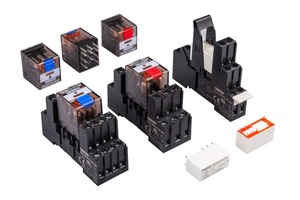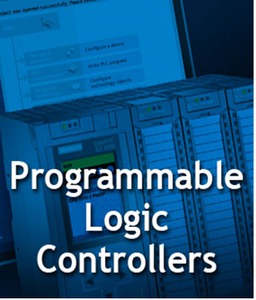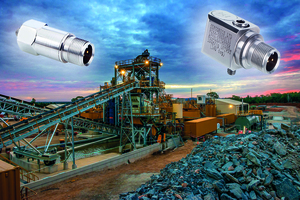
 |
Charlotte Stonestreet
Managing Editor |
LATEST NEWS
Panduit awarded for sustainability performance
03 March 2026
MANUFACTURER OF physical network and electrical infrastructure solutions, Panduit has been awarded the Silver Medal by EcoVadis, a world leading provider of sustainability ratings. The assessment confirms Panduit’s sustainability strategy and companywide initiatives across the areas of environment, social responsibility, ethics, and responsible procurement. [Read More]
EDITOR'S PICK - View More Editor's Pick
- Premium relay solutions: The new EMAS Electric Range RE2
- Printing parts on the frontline
- Asian OEM commissions UK-developed aluminium motor technology
- Recipe for success
- Maintaining a competive edge
- Bridging the gap between art and robotics
- Focus on automation and digitalisation
- Driving precision engineering productivity

Premium relay solutions: The new EMAS Electric Range RE2
03 March 2026
WHEN IT comes to switching technology, EMAS Electric stands as a benchmark for reliability and precision. The company's range of relays is engineered to meet the rigorous demands of industrial automation, automotive systems, and power management. [Read More]
SPONSORED CONTENT
-
Link
New flash-drive added to ODU AMC® military connector range [Read More]
More Sponsored Content
HOT TOPIC

Since first finding commercial success in the early 1970s, PLCs (programmable logic controllers) have been at heart of many production lines, machine functions and processes. An industrial computer system that continuously monitors the state of input devices and makes decisions to control the state of output devices, a PLC can greatly enhance any application.
[Read More]
[Read More]
LATEST VIDEOS
INDUSTRY UPDATE























